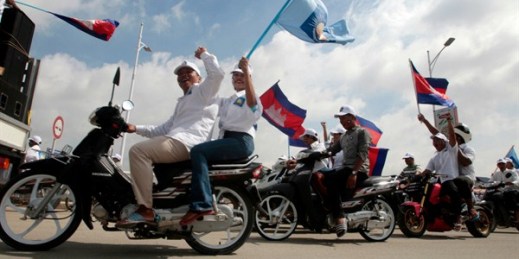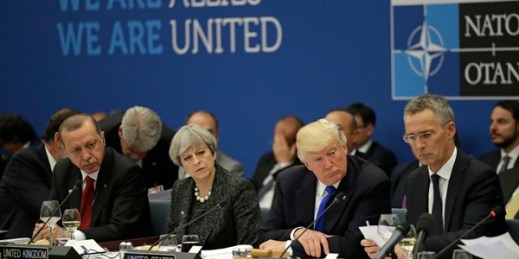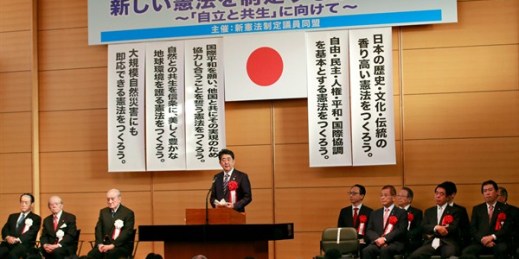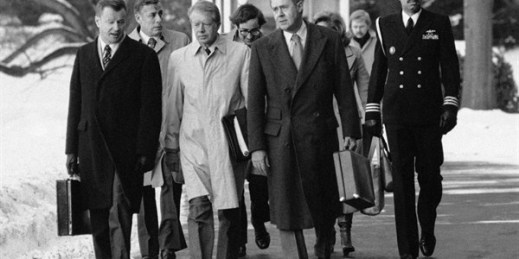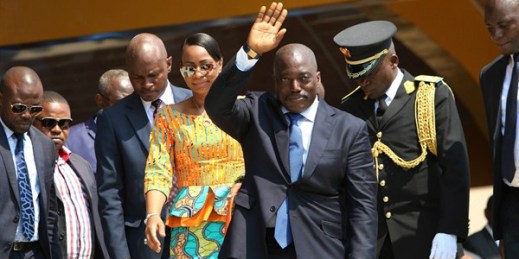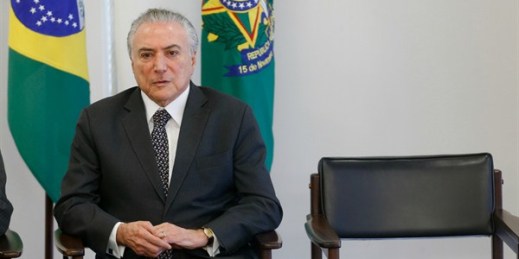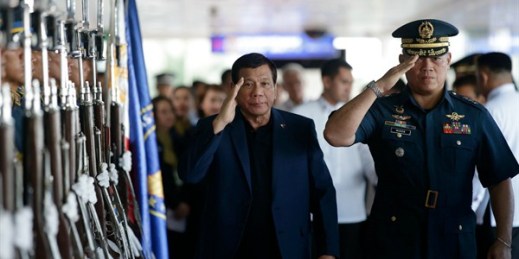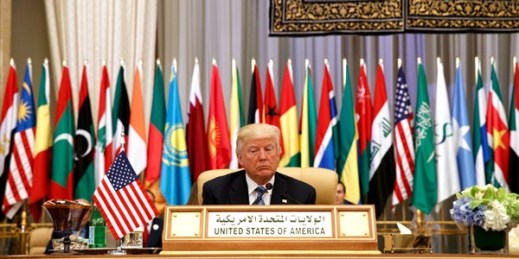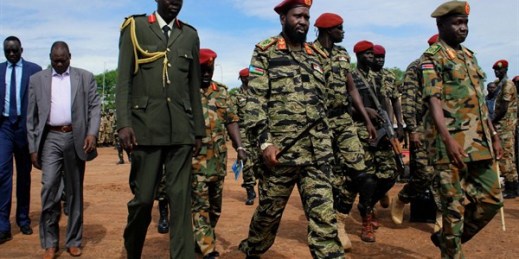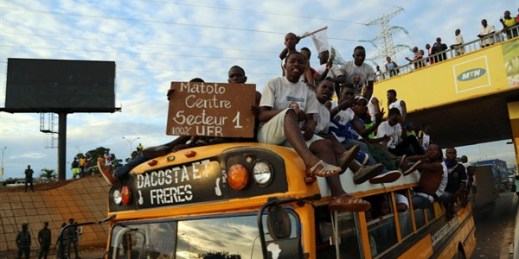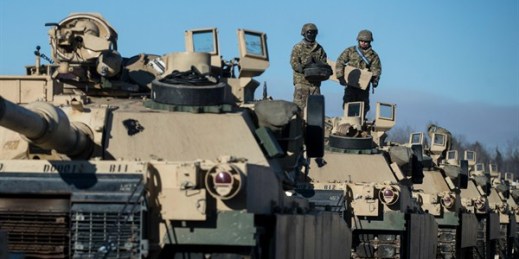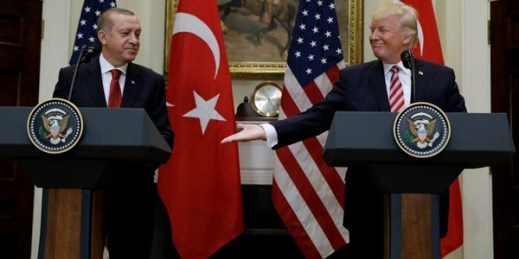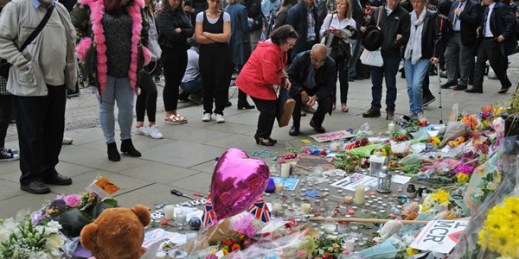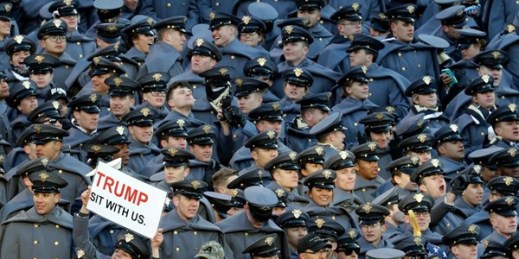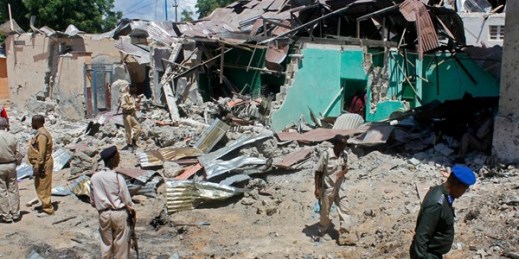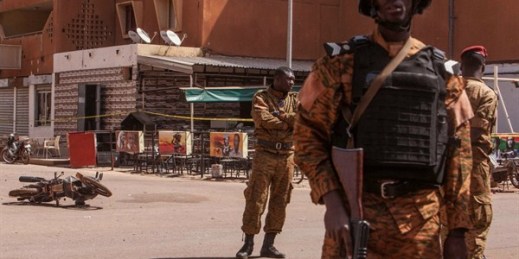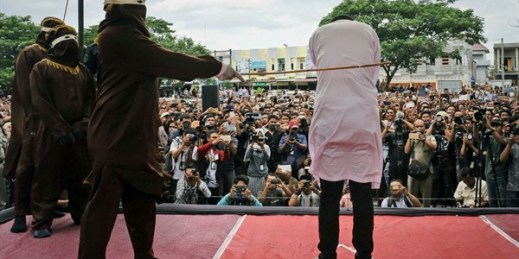
Indonesia has witnessed a wide-ranging crackdown on LGBT people in recent months. In March, vigilantes in Aceh province raided the apartment of two men in their 20s who were later put on trial and sentenced to a public caning—a sentence that was administered on May 23. In Jakarta, the capital, more than 100 men were detained during a police raid on a sauna on May 21 and accused of hosting a sex party. And police in West Java province have announced plans for an anti-gay task force. In an email interview, Andreas Harsono, Indonesia researcher for Human Rights Watch, discusses […]

